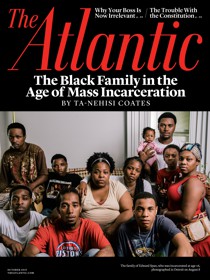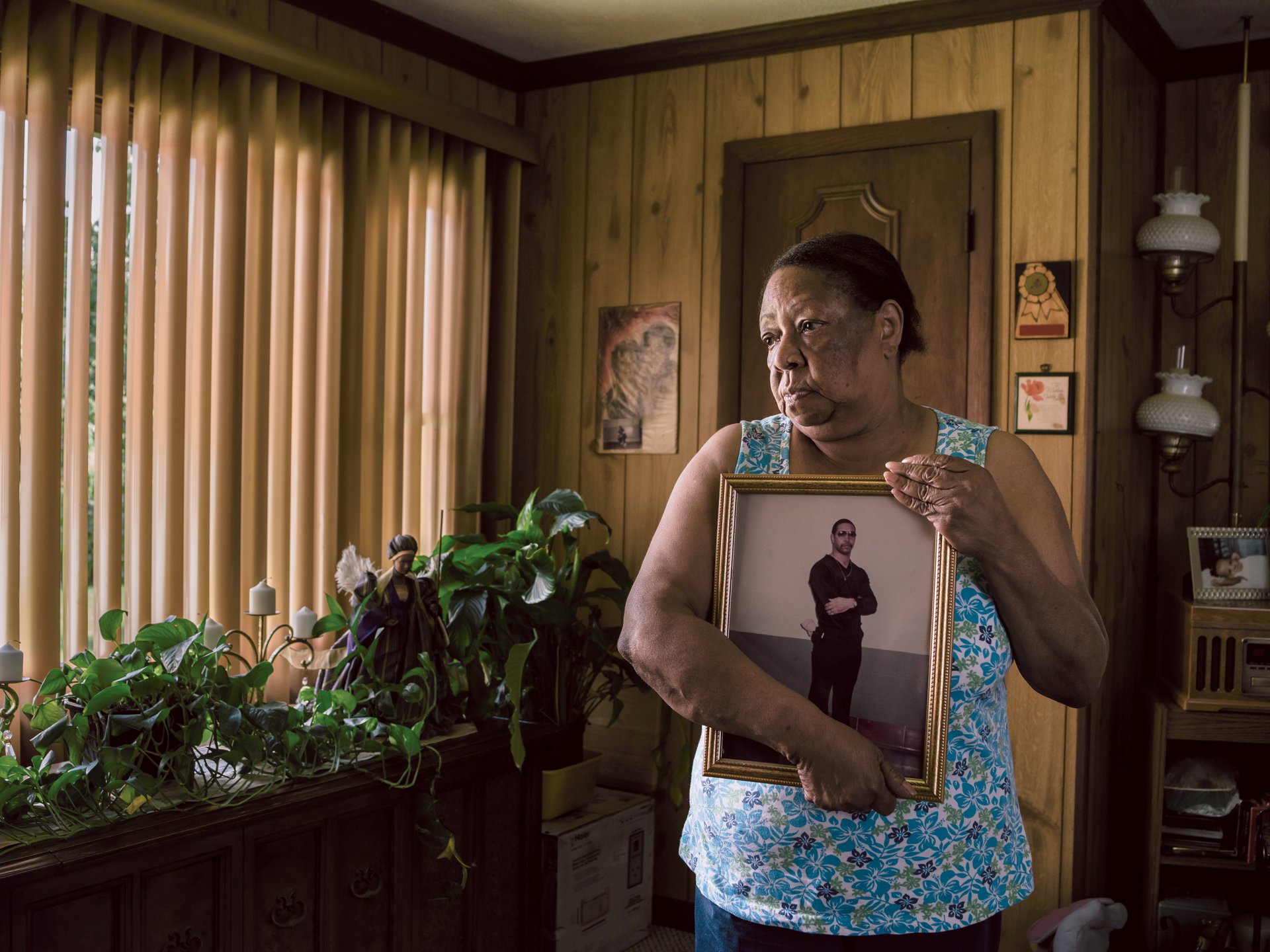cliffs, article makes the case on the blatant destruction of the family unit and crazy incarceration sentences and rates.... too much to paste
The Black Family in the Age of Mass Incarceration
American politicians are now eager to disown a failed criminal-justice system that’s left the U.S. with the largest incarcerated population in the world. But they've failed to reckon with history. Fifty years after Daniel Patrick Moynihan’s report “The Negro Family” tragically helped create this system, it's time to reclaim his original intent.



The Black Family in the Age of Mass Incarceration
The Black Family in the Age of Mass Incarceration
American politicians are now eager to disown a failed criminal-justice system that’s left the U.S. with the largest incarcerated population in the world. But they've failed to reckon with history. Fifty years after Daniel Patrick Moynihan’s report “The Negro Family” tragically helped create this system, it's time to reclaim his original intent.



The Black Family in the Age of Mass Incarceration
